12 May 2021
From gender equality to peacebuilding in Northern Ireland: the power of Irish citizen assemblies
Dr. Jane Suiter is a Professor at Dublin City University. She is also the senior Research Fellow on the Irish Citizens’ Assembly on gender equality and is co-PI on the Irish Citizen Assembly (2016-2018) and the Irish Constitutional Convention (2012-2014) and a founder member of We the Citizens (2011), Ireland’s first deliberative experiment. She analyses the incredible momentum the Irish assemblies had on the country’s private, public and political sphere and looks ahead at how Northern Ireland could achieve peacebuilding through citizen participation. •••

12 May 2021
“Emotion, sensitivity and color arise if you listen to citizens”
Paul Vermeylen is a Belgian urban planner and a specialist in European cities and citizen devices. It is in this capacity that he agreed to be a member of the scientific committee of our project the on the Future of intermediate cities. He explains to us the challenges of the city of tomorrow, and imagines a city that reconnects with the senses, collective life, the memory of time and nature. •••

12 May 2021
StamEuropa, the place where Europeans feel at home
Alain Deneef is a Belgian entrepreneur who has set out to design and build a place for European democratic dialogue. StamEuropa is located in the heart of the European district of Brussels, a physical and virtual place where "Europe is at home and where European citizens feel at home in Europe". •••
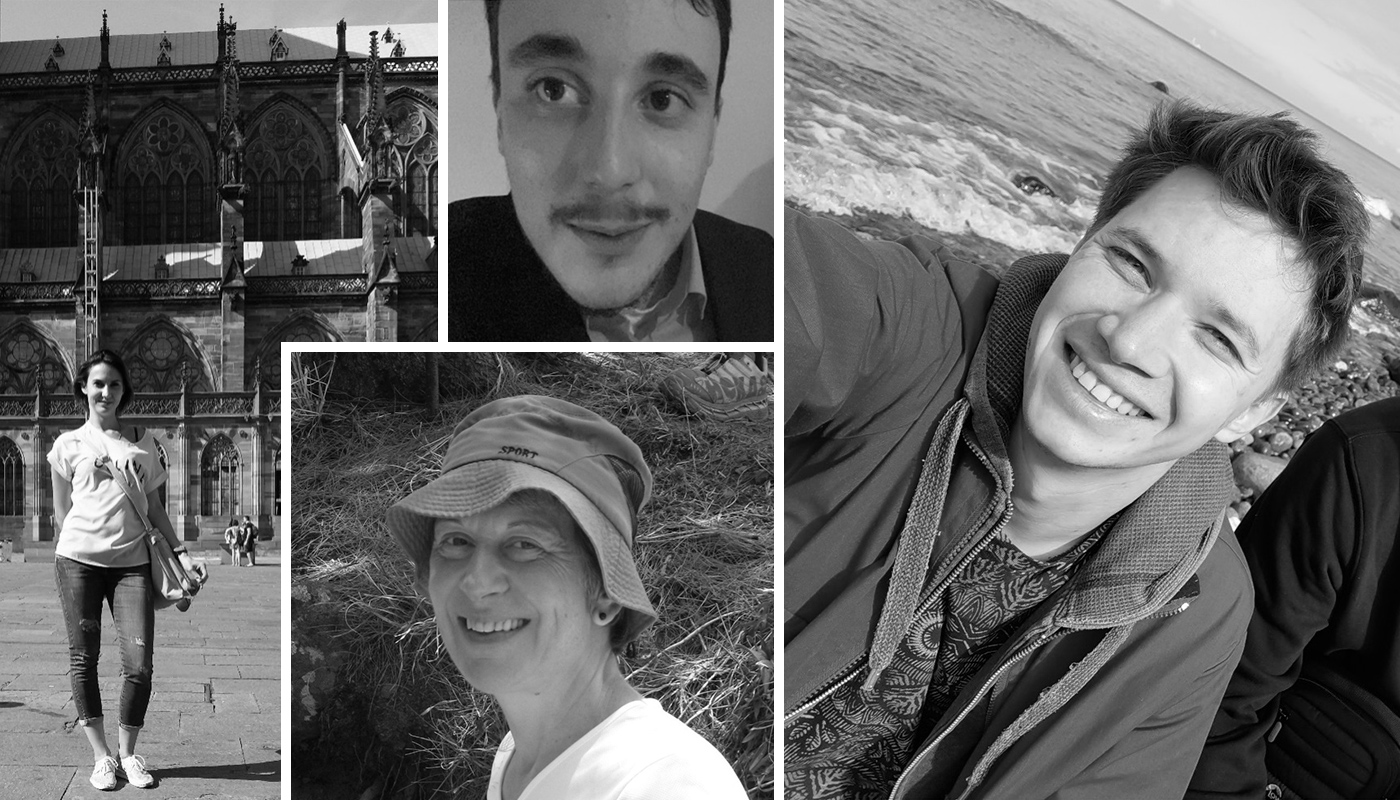
12 April 2021
“The age of national borders is behind us!”
The Franco-German Citizens' dialogue on strengthening cross-border cooperation in the context of COVID-19 is an initiative of Missions Publiques and aims to bring together citizens from each side of the border in working sessions. Their mission: to help make cooperation arrangements more resilient to crises. The project is supported by the Franco-German Citizens' Fund. •••
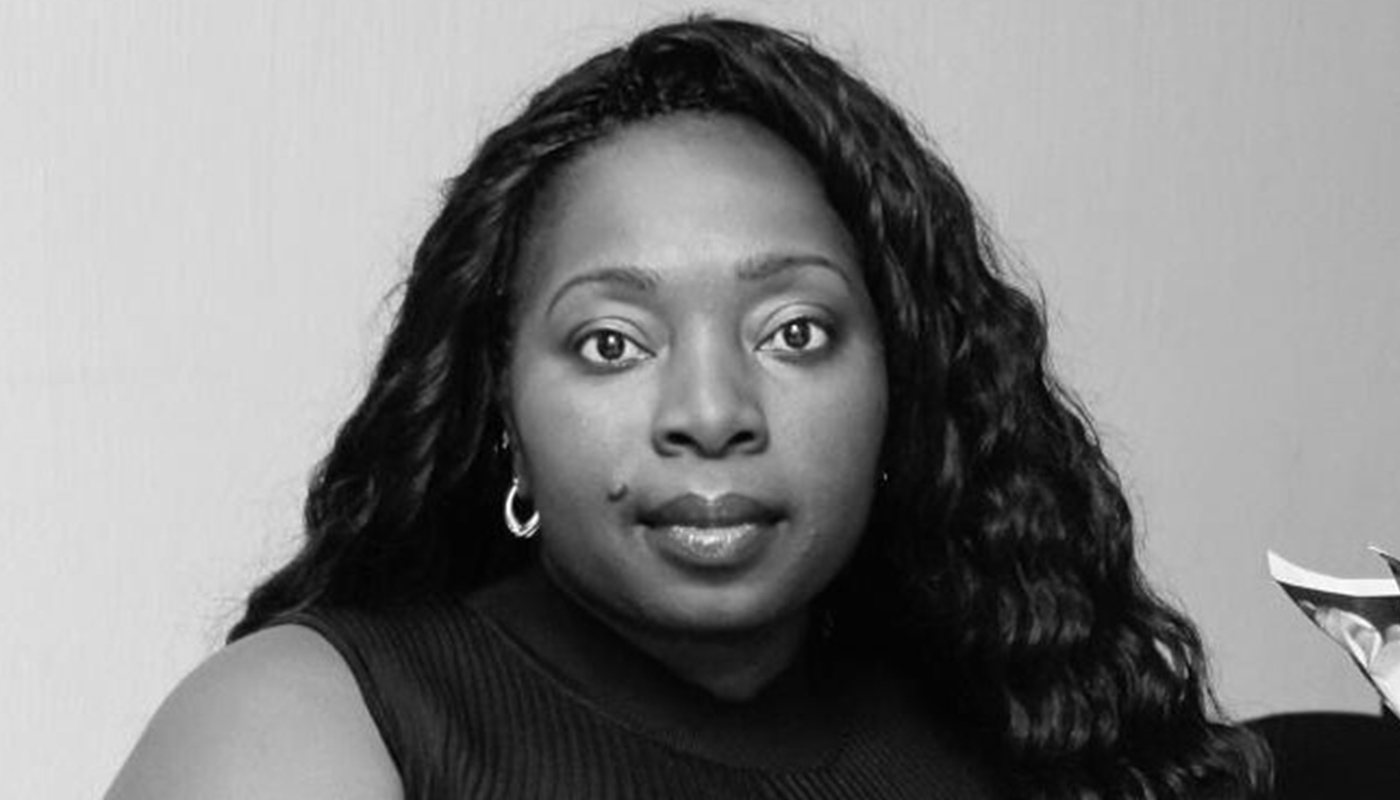
12 April 2021
"Developers must talk to sociologists and gender-scholars to ensure inclusion in tech solutions.”
Caroline Wamala-Larsson has been involved in tech since her early years. Born in Uganda, she was very early on confronted with the lack of Internet access among the women that surrounded her. Missions Publiques met Caroline as we collaborate on EQUALS EU, a European project to develop inclusive tech solutions in Europe. •••
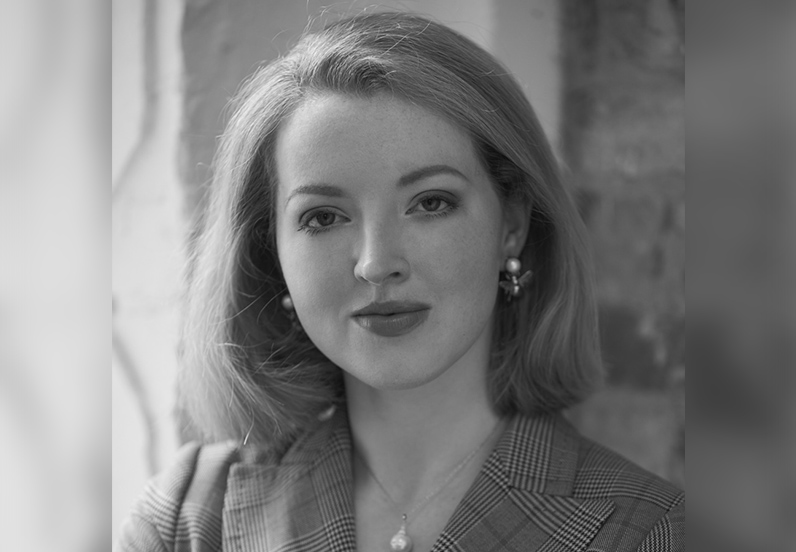
12 April 2021
“There is a real need to reset how we make decisions”
Joanna is a writer, consultant and Steering Committee member of the Constitution Reform Group, a cross-party organization which seeks a new constitutional settlement for the UK. Today she draws a parallel between her work with the Constitution Reform Group and citizen engagement and participation. •••

22 March 2021
Baden-Württemberg and Grand-Est: making the region a "laboratory" for integration and cooperation
The citizens of Baden-Württemberg and the Grand Est will soon begin the second session of the Franco-German citizen dialogue on cross-border cooperation in the time of Covid-19. Manon Potet, project coordinator at Missions Publiques, looks back at the issues at stake in this deliberative process and gives us an overview of the recommendations drawn up by the participants on both sides of the Rhine. •••
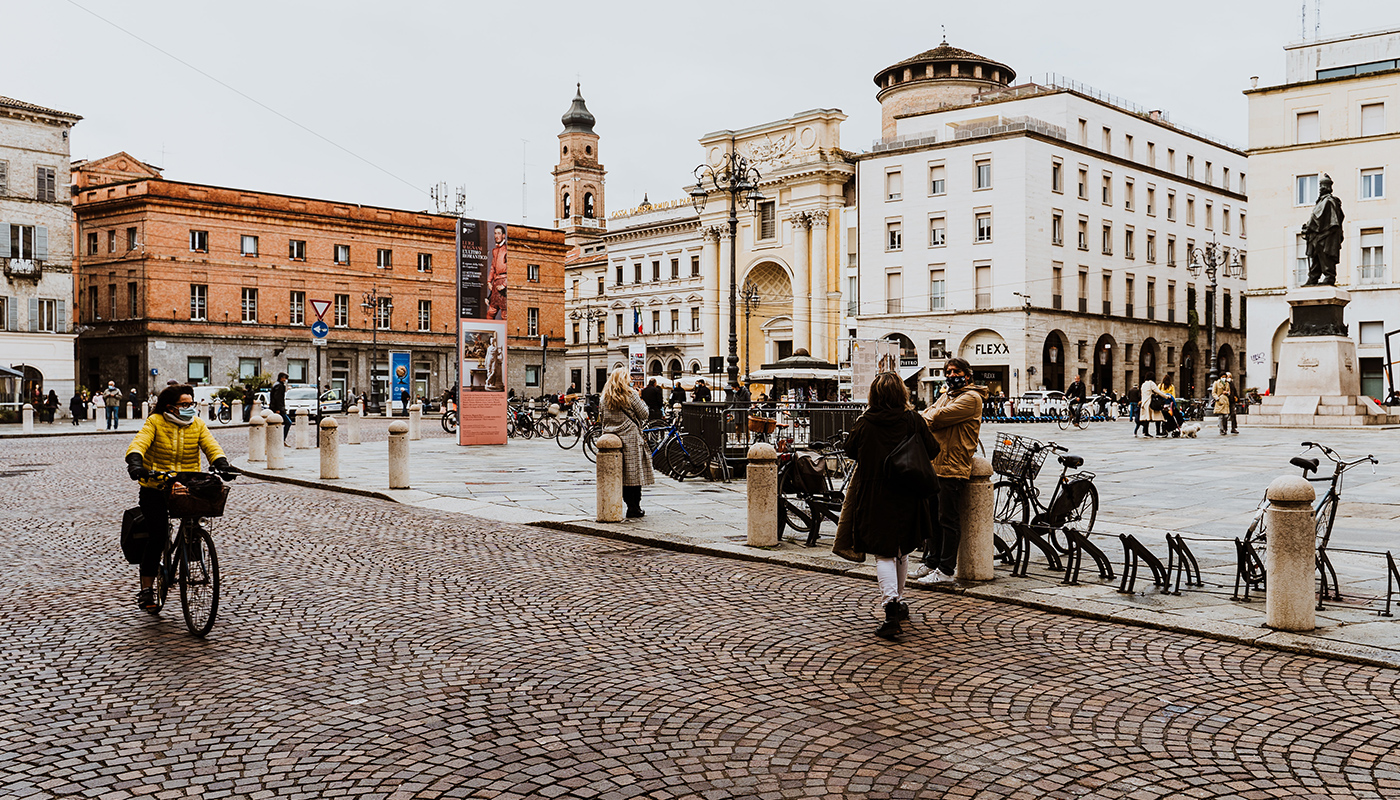
10 March 2021
“The pandemic is an opportunity to rethink the attractiveness of our intermediary cities”
Aziza Akhmouch is Head of the Cities, Urban policies and Sustainable Development Division at OECD Centre for Entrepreneurship, SMEs, Regions and Cities, and she believes it is necessary to raise the profile of intermediary cities in the research and the policy agenda, since they contribute to the goals of achieving smart, sustainable, and balanced urbanisation and growth in countries. •••
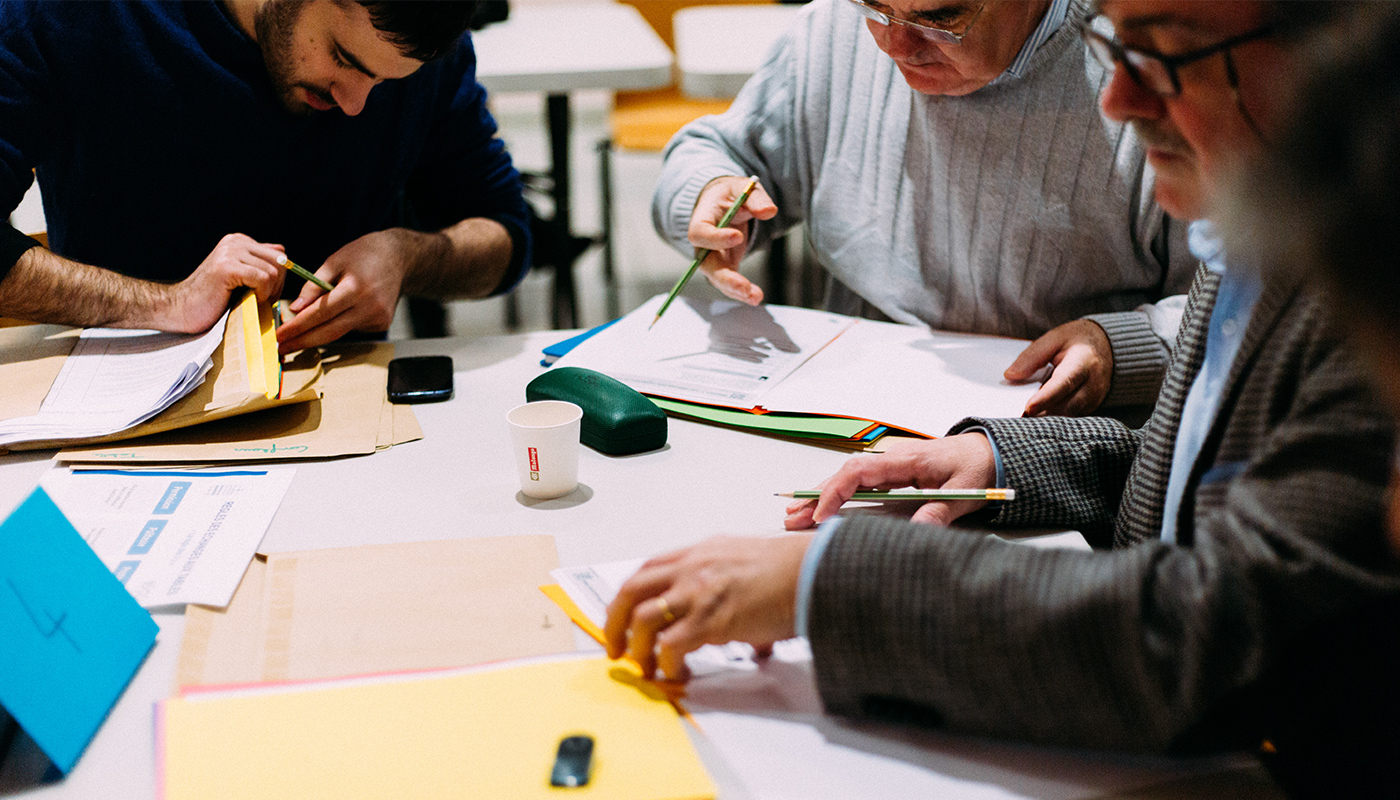
10 March 2021
Institutionalized deliberative processes: the Belgian example
At a time when in France, the Citizen Convention for the Climate is ending on a severe note for the government, Sophie Devillers comes back for us on the 2011 G1000, this citizen collective of 1,000 people drawn at random to discuss the future of Belgium at a time when the country was without an executive. •••
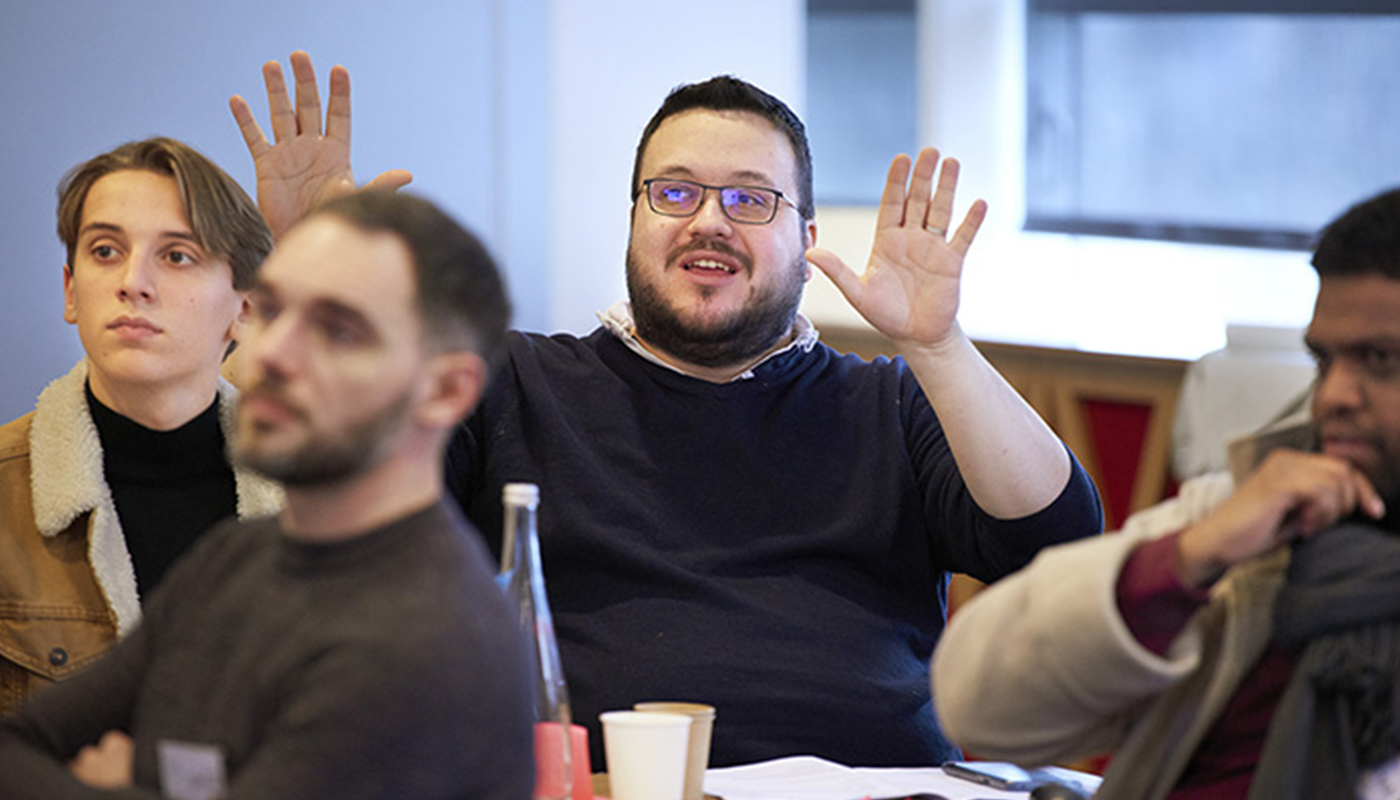
10 March 2021
"A slap in the face": becoming a climate activist after a deliberation
Grégoire Fraty is one of the 150 selected by lot for the Citizens' Climate Convention. 18 months of work that took him from ordinary citizen to militant citizen. A "marathon" commitment that he now intends to put to good use in his everyday life, and why not in politics. He tells us more about his book and the last session of the Convention. •••

11 February 2021
"Making people's desires known helps to see the world differently"
Sylvie Landriève is co-director of Mobile Lives Forum. The research institute works autonomously on physical and social mobility with the aim of preparing the transition towards desired and more sustainable lifestyles. Convinced that people are the best experts regarding their own lives, Sylvie Landriève sheds light on the Forum, a participatory approach to involve citizens in the development of new lifestyles. •••
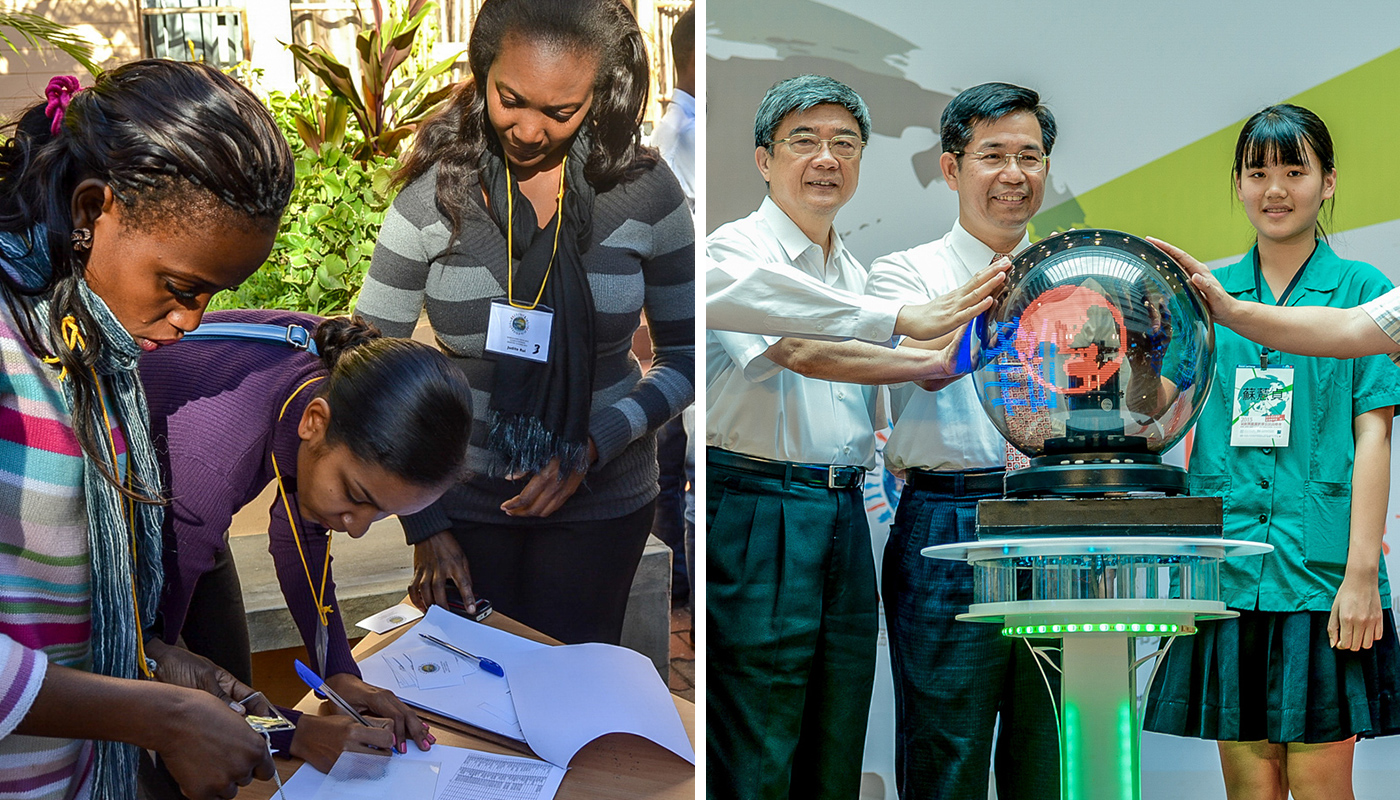
11 February 2021
Global warming: when citizens were ahead of the curve
Governments in many countries are still reluctant to take strong measures to fight global warming, considering that citizens are not ready for the changes these will have on their day-to-day lives. In 2015, a global citizens' dialogue on climate and energy (WorldWideViews on climate and energy) had silenced this rather false idea. What if, back then, we had listened to them? •••

11 February 2021
France-Germany: cross-border cooperation during Covid-19
What is the reality of Franco-German cooperation in the midst of the pandemic? What are the experiences of crisis on both sides of the border? In order to take stock of the situation and initiate solutions for a more resilient territory, the Grand Est Region in France and the Land of Baden-Württemberg in Germany are organizing several sessions of deliberation. We met Muriel Temme, in charge of cross-border cooperation at the Grand Est Region and Timo Peters, advisor for citizen participation and civil society at the Ministry of Baden-Württemberg. •••
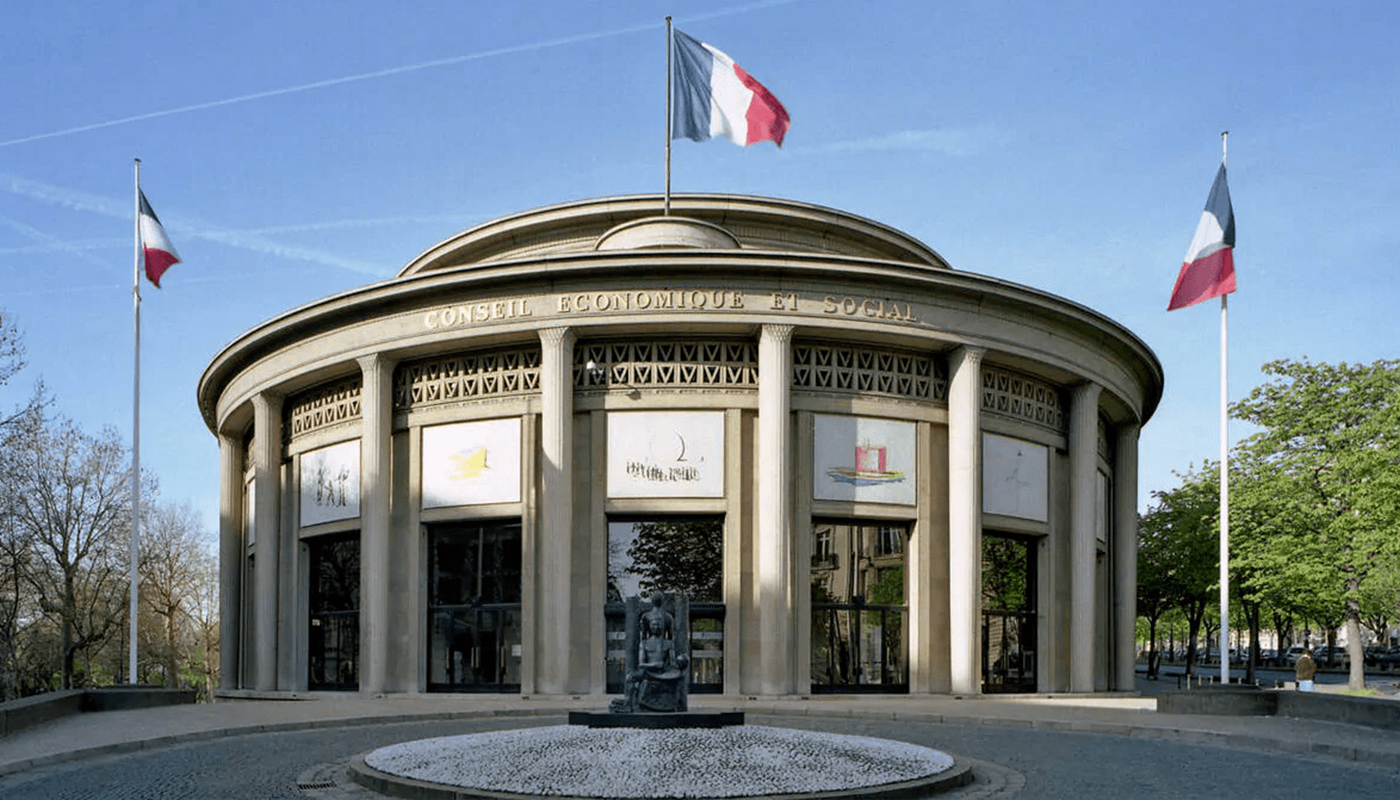
14 January 2021
Launch of citizens’ consultation on French COVID-19 vaccine campaign
As France boosts pace of its nation-wide vaccine campaign, French government has decided to refer the matter to the Economic, Social and Environmental Council (CESE) to monitor the Covid-19 vaccination strategy, at a time when 58% of French people do not wish to be vaccinated. But this skepticism goes way back. Already in 2016, Health Minister Marisol Touraine, worried about insufficient vaccination coverage and the resurgence of certain diseases in France, launched a public consultation through “Santé Publique France” to analyse the mechanisms and causes of this mistrust. •••

13 January 2021
2021: let's dream a little
At Missions Publiques, we have a wish for 2021: to bring to life the 21st century citizens' assembly. Let's dream a little. An assembly made up of 150 women and men, representing equally today's society but also other forms of life - animals, plants, oceans - and the 7th generation that will follow us. •••

8 January 2021
The ideal place for public dialogue? We designed it with architect Luc Schuiten
Places for citizen participation in our western societies are now almost non-existent and the spaces made available, be they town halls or reception halls, are not designed to make citizens feel comfortable enough to engage in dialogue under optimal conditions. On the basis of this observation, Missions Publiques and Luc Schuiten have imagined a space conducive to peaceful citizen debates. •••
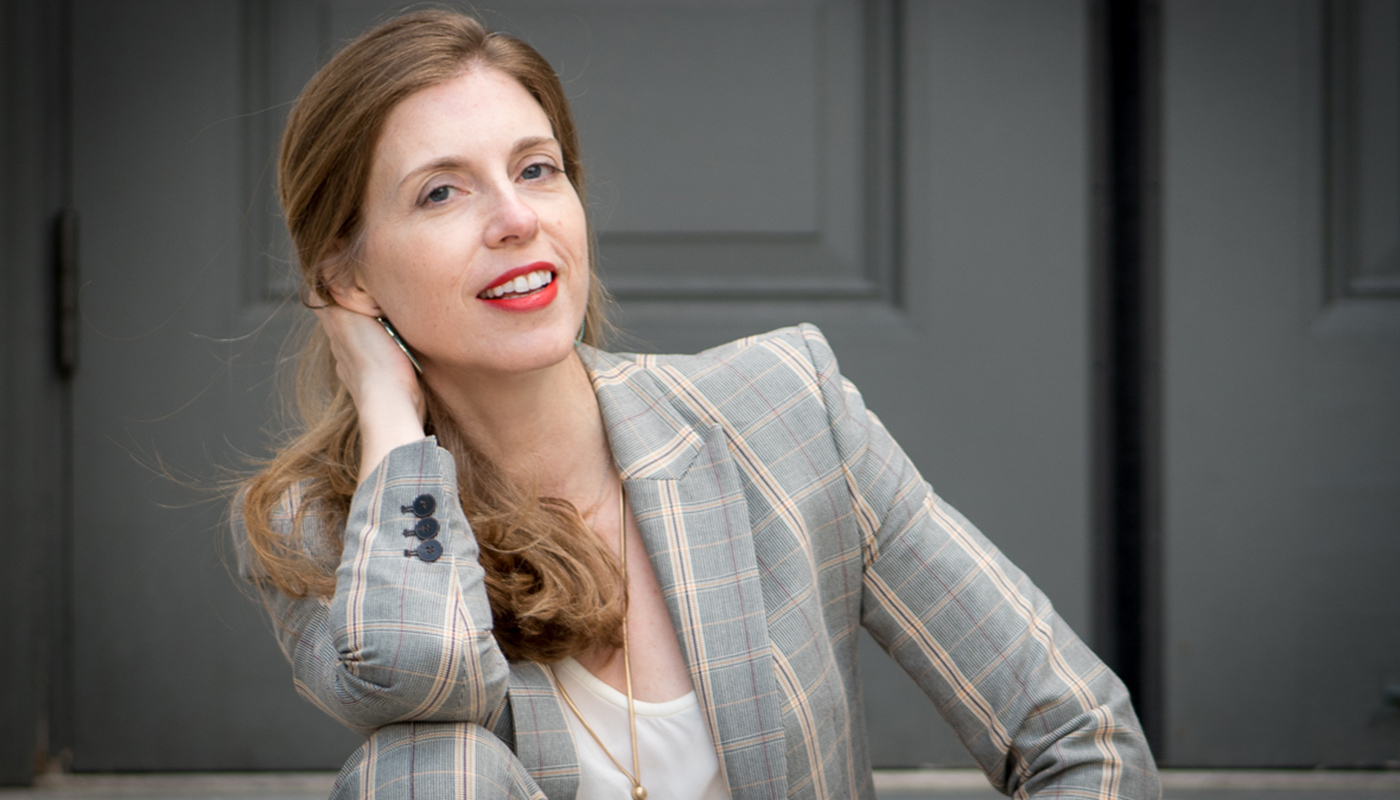
7 December 2020
“We must expect more from our ideal of democracy”
In her latest book "Open democracy: reinventing popular rule for the 21st century", Hélène Landemore, Associate Professor of Political Science at Yale University, envisions new non-electoral forms of democracy. For us, she looks back at the French Citizens' Climate Convention and imagines a future in which all the principles of genuine democracy, which she describes in her book, would have been adopted. A mere utopia? •••

7 December 2020
The Irish Citizens' Assembly, an example to follow?
Dimitri Courant, a French researcher in political science, observed the entire deliberations of the French Citizens' Climate Convention and the Irish Citizens' Assembly. For the sociologist, the Irish deliberation is a process that is more respectful of the norms of deliberative democracy but, by diverging from it, the French convention was able to produce more precise recommendations. •••
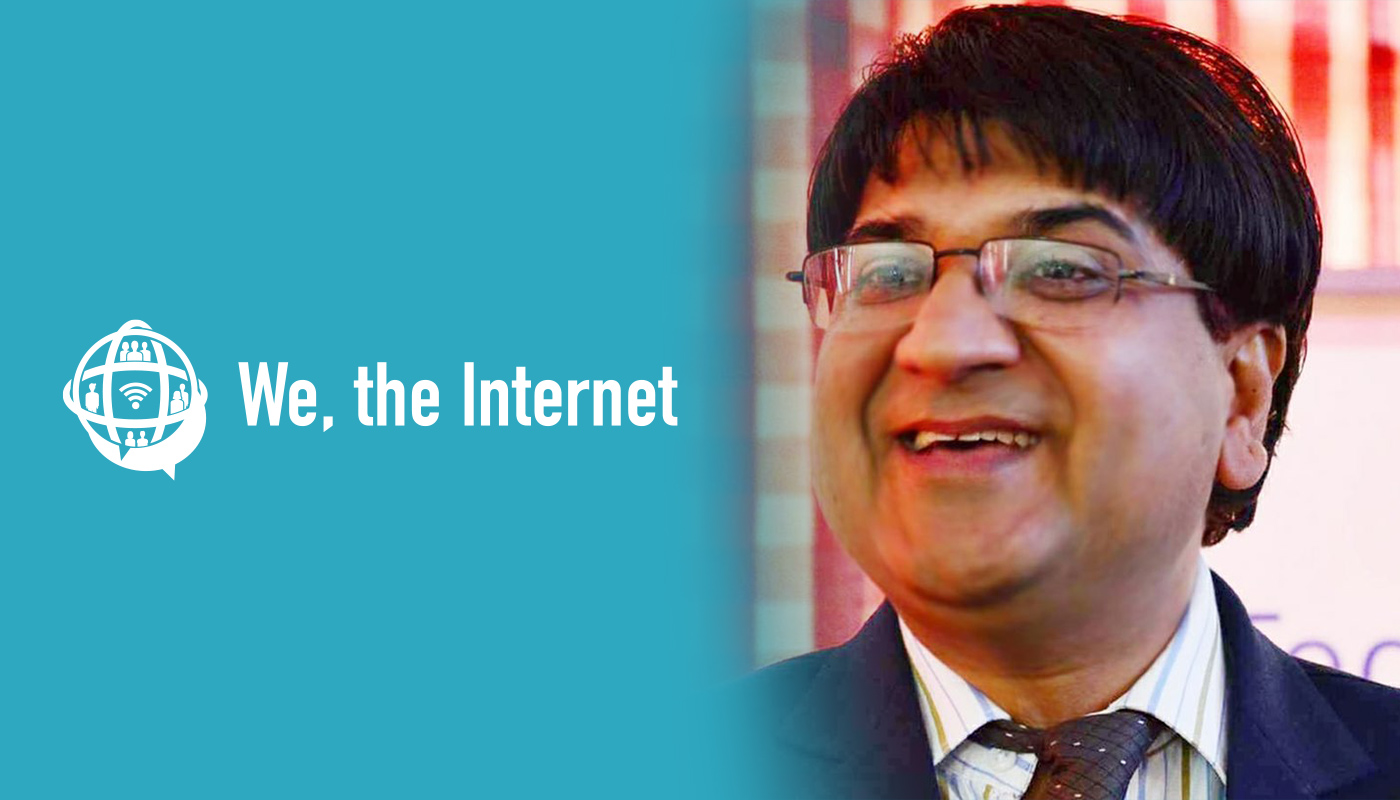
2 December 2020
Digital inclusion: bridging the divide with Professor DR. DP Sharma
People with disabilities are too often neglected or even forgotten in development processes, and their opinions as citizens are not, or very little, taken into account. This has been the struggle of a lifetime for Professor DR. DP Sharma, Indian computer scientist and disability rights activist. He has turned disability into ability through his fight against his own paralysis and his will to give power to those who need the “wings technology can offer”. •••

30 November 2020
They took a seat at the table. What did they think?
At first sight, one might be under the misconception that they have little in common, but they all played a key role in developing Internet Governance. In October, they participated in the Global Citizens’ Dialogue on the Future of Internet in their own countries and today they share with us their feelings, from worries to great expectations. •••
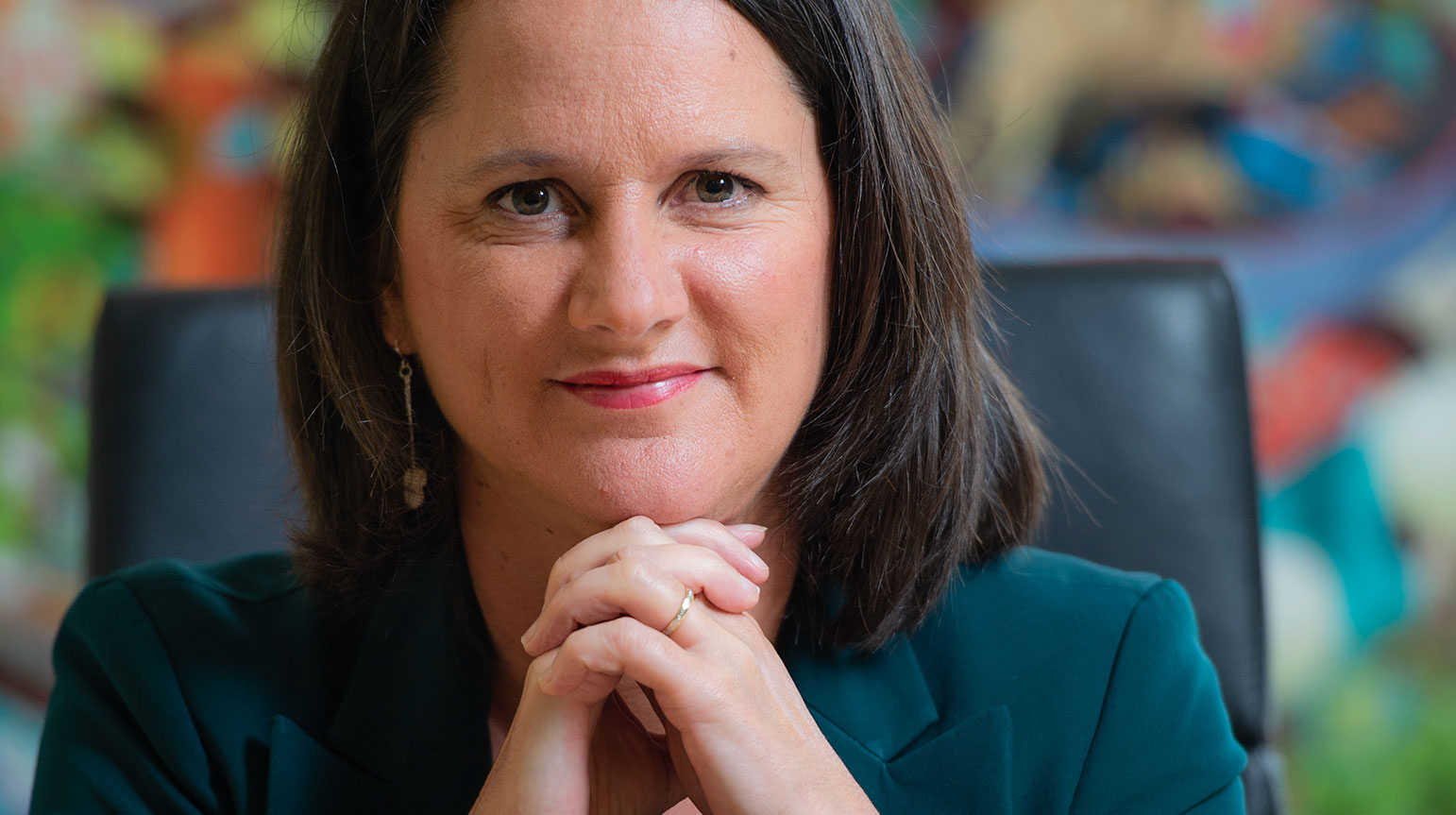
9 November 2020
"Participatory democracy must continue in these moments of crisis”
Nantes, the hub of Western France, is launching a Citizens' Convention across the entire region. 80 inhabitants from the 24 towns are invited to discuss the impacts of the health crisis. Their recommendations will feed into the city's draft mandate. Johanna Rolland, mayor of Nantes, speaks of the need for this democratic exercise which she has chosen to maintain - online - despite the lockdown. •••
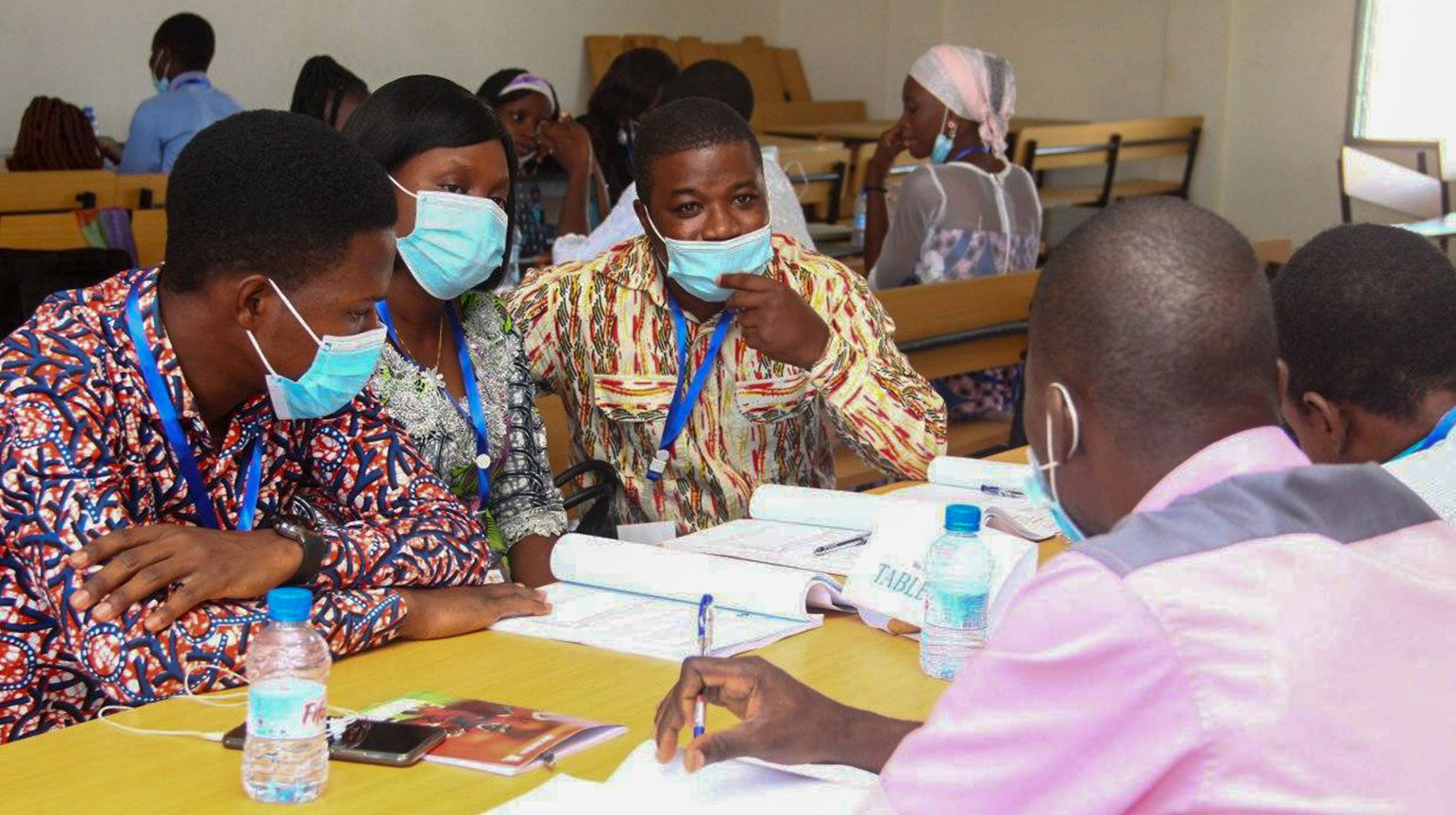
9 November 2020
What citizens think about the Internet and its future
We the Internet was conducted in over 70 countries around the world. This global deliberation on the future of the Internet has one main objective: to test, improve and institutionalize internet governance with and for citizens. During the 15th edition of the Internet Governance Forum (IGF), we revealed preliminary results to decision-makers at global level. •••
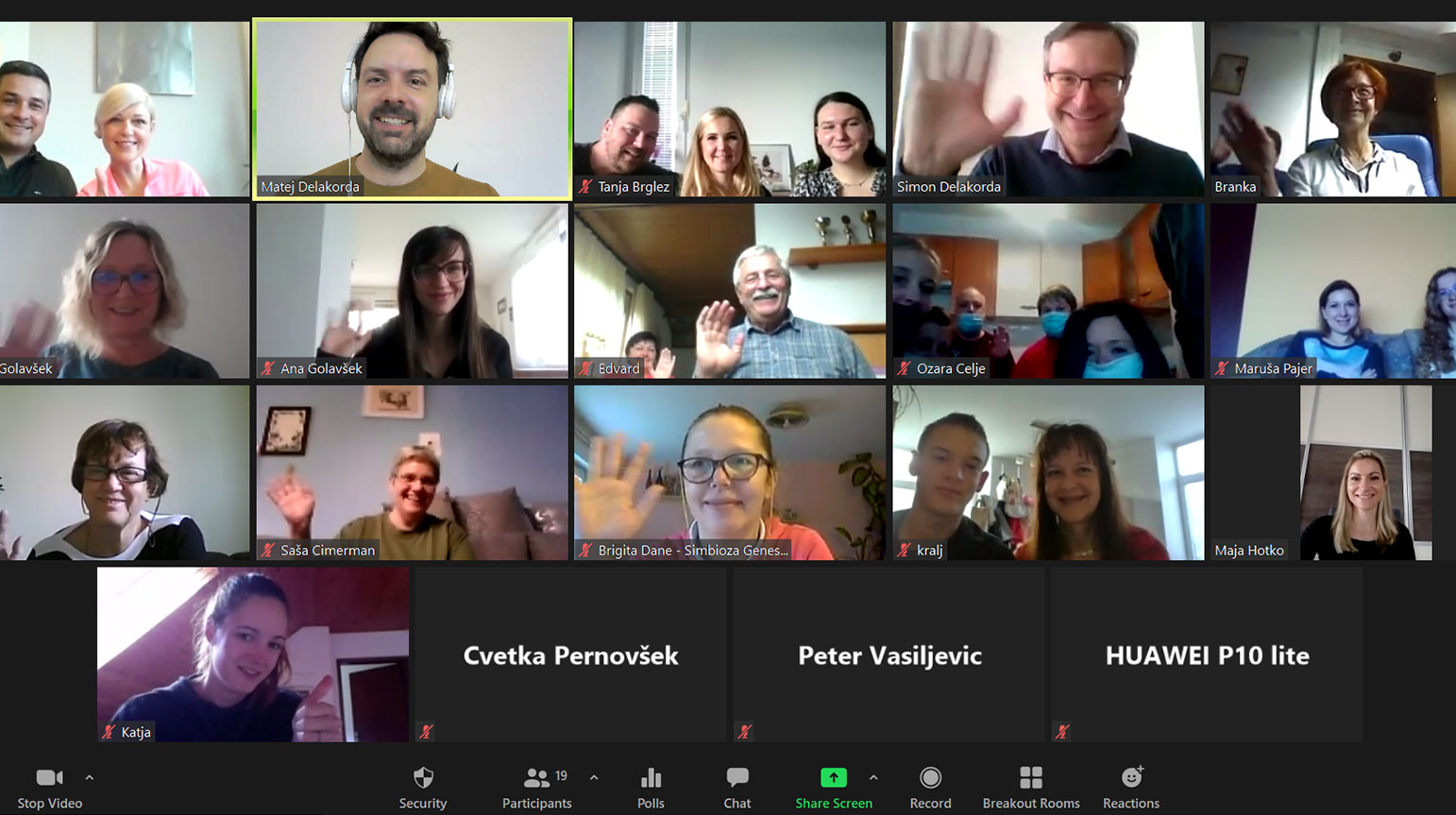
6 November 2020
The 5 key elements to successful online deliberation
The global pandemic is forcing us to imagine new ways of working, meeting our friends and “virtual” leisure activities. Here are the 5 tips for successful online deliberation •••
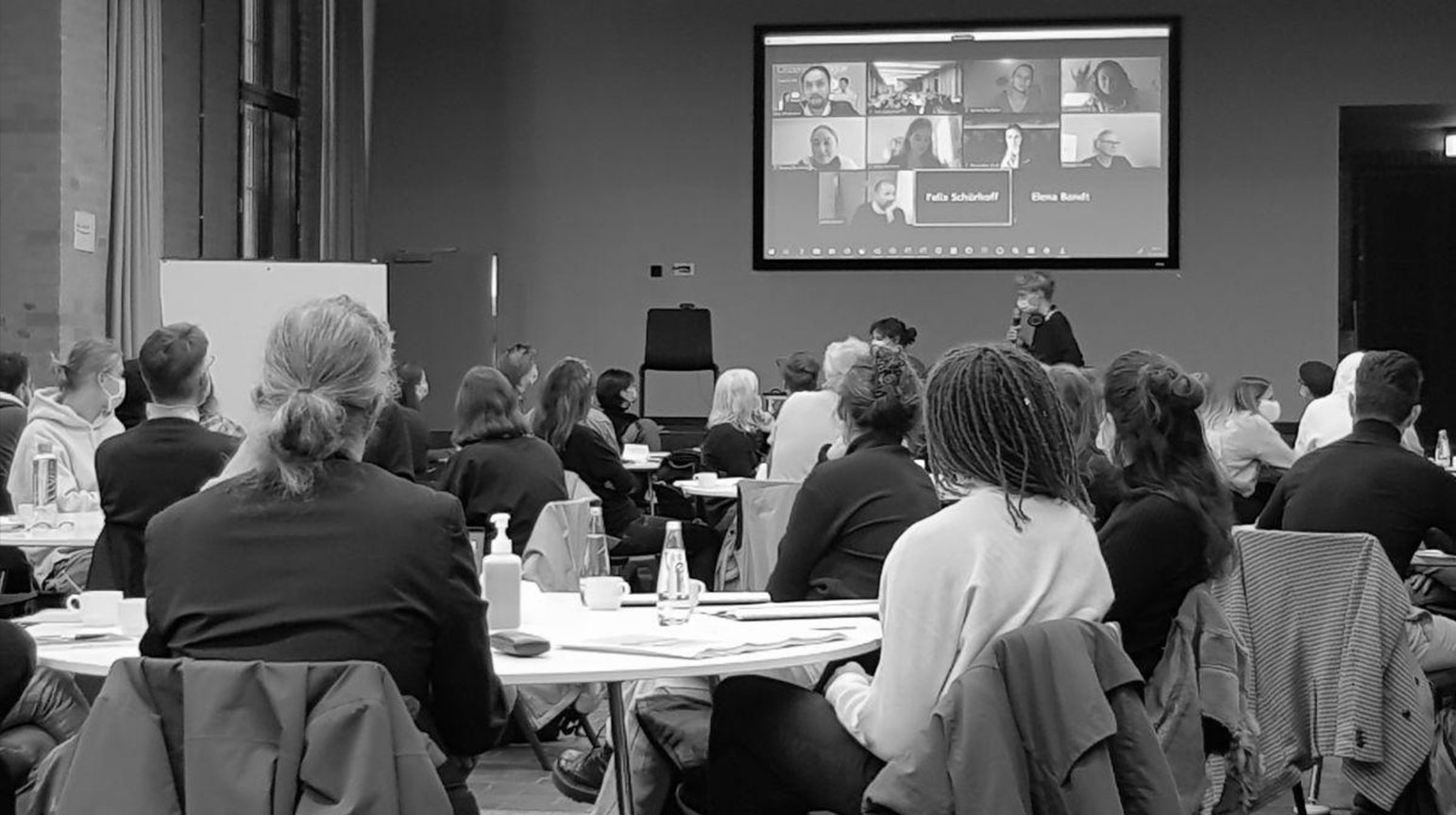
2 November 2020
We will be at IGF 2020 to present the Global Citizens’ Dialogue’s results
Governance issues are at the core of people’s digital human rights amidst the COVID-19 crisis but also for the future. It’s time to take action. Under the overarching theme “Internet for human resilience and solidarity”, Missions Publiques will present the results of its Global Citizens’ Dialogue on the Future of the Internet to the Internet Governance Forum on November 4th, 2020. •••
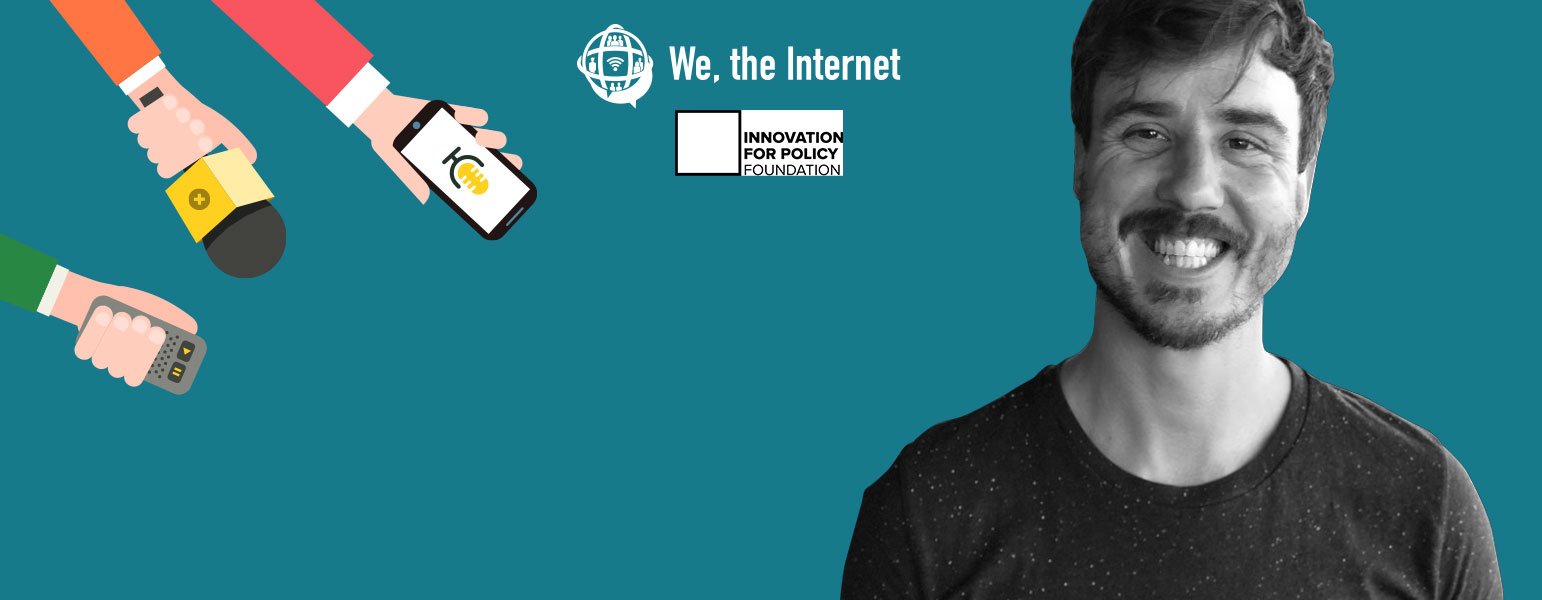
28 September 2020
“In Rwanda, the Citizens’ Dialogue is part of IGF 2020“
Jon Stever and Lorenzo Banno from Rwanda have decided to contribute to two ongoing policy processes in the country: one to develop a national Startup Act, and the other to develop a national Artificial Intelligence Policy. Let’s take a closer look at Jon’s vision of “reimagining global governance” with citizens. •••
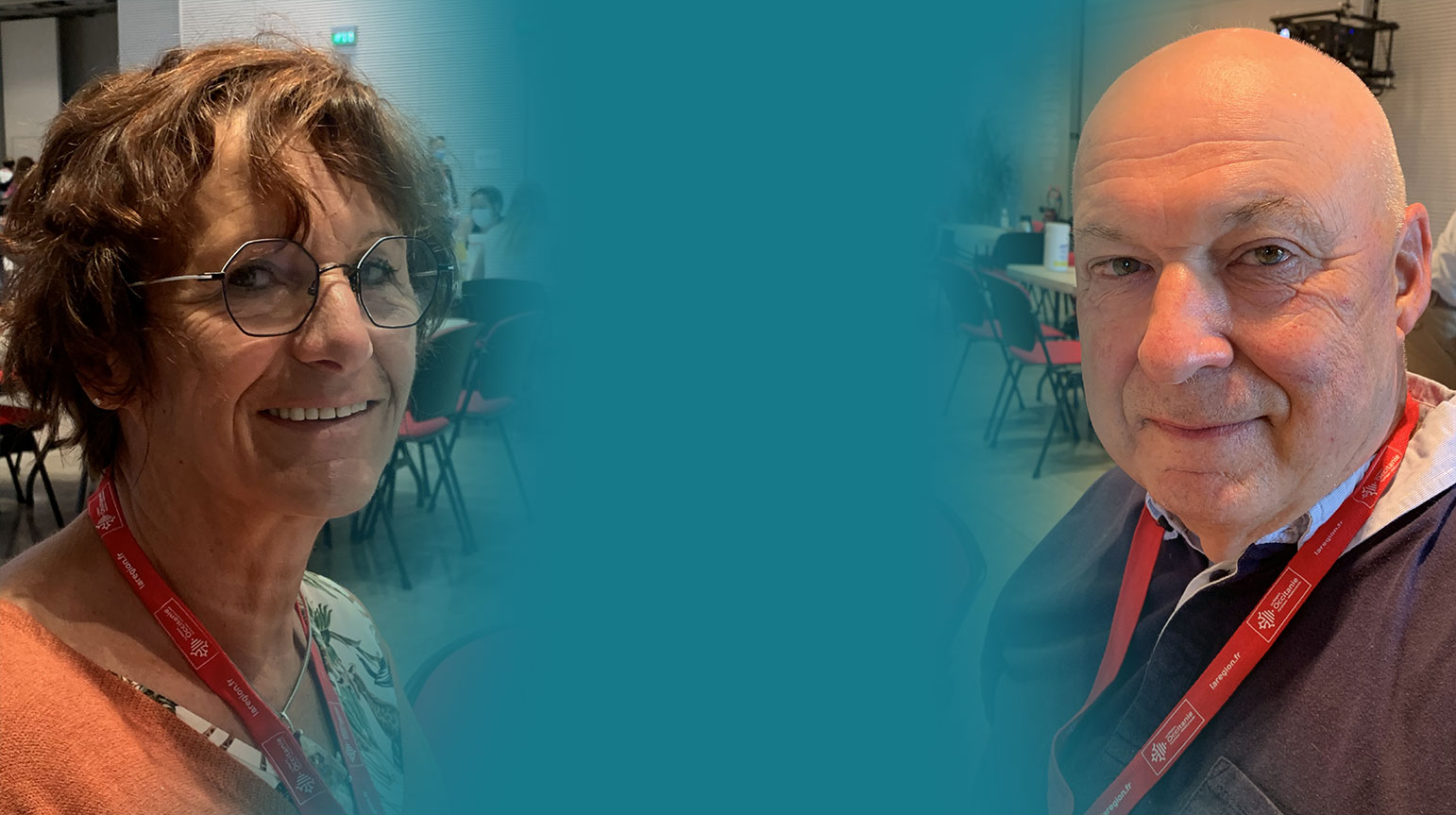
23 September 2020
Meet Colette and Francis, randomly-selected citizens
The French Occitanie Citizens' Convention began in mid-September. 104 citizens were randomly drawn by lot to reflect on a fairer and more sustainable territory. Meet Colette, a 66-year old retired teacher and Francis, a 71-year-old retired policeman. •••
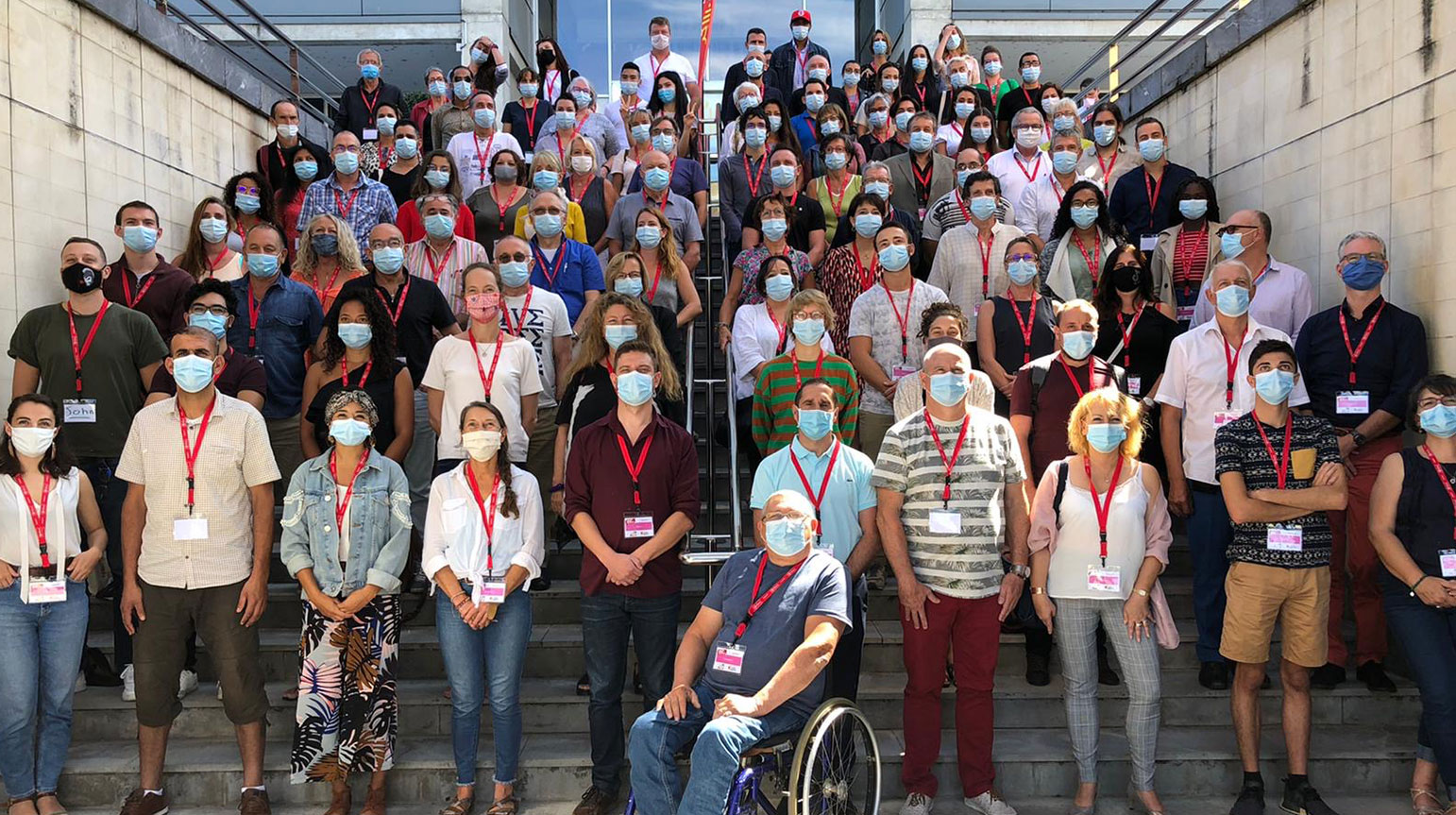
23 September 2020
Occitanie is the first European region to implement its Green New Deal
At regional level, the Occitanie region in the South-West of France, follows the model of the Citizens’ Climate Convention. Its objective? To anticipate tomorrow's world in order to face today's crisis. This consultation is part of a broader plan for economic recovery and transformation, the "Green New Deal". Missions Publiques and Eurogroup Consulting support the region in this approach which aims to drive a new model of development. •••

21 September 2020
“Digital inclusion goes beyond thinking about Internet connectivity“
As the Dialogue approaches, the coalition of partners are working hard to ensure a diverse discussion, recruiting citizens from all walks of life, whether they have access to the Internet or not. Let's take a closer look at our partner in Singapore, the Centre for Trusted Internet and Community, led by Natalie Pang, Senior Lecturer at the National University of Singapore. •••

21 September 2020
Learn about the principles and methods of deliberative democracy
On September 3rd, G1000 University 2020 gave the floor to experts of the field to disseminate these citizen convention practices. Watch the video and learn about how to use these methods in your own community from our Founder and Co-Director Yves Mathieu, who co-designed the French Convention for Climate. •••
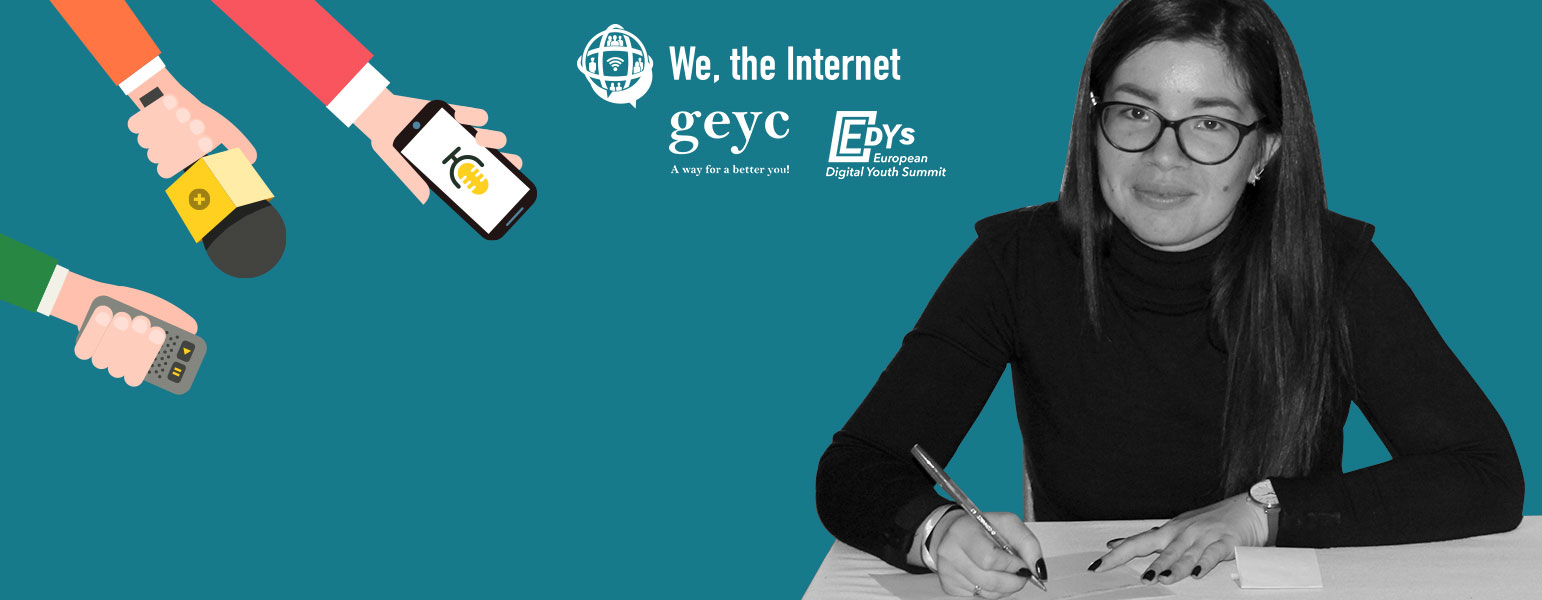
3 September 2020
"We must tackle cyberbullying and child protection on Internet"
One month away from the Global Citizens’ Dialogue on the Future of the Internet, we continue our world tour of national partners to show you how they are living “We the Internet” experience. Meet Alexandra Peca, Missions Publiques’ Romanian partner from GEYC (Group of the European Youth for Change), who implements the Citizens’ Dialogue on the future of Internet in Romania. •••

31 August 2020
The voice of the unconnected is just as valuable as the voice of the connected.
The Global Citizens’ Dialogue on the Future of the Internet will bring together more than 70 countries on October 10. One month before the event, Yao Sossou, Computer scientist and official partner of Missions Publiques in Benin, talks about the reasons for his commitment and what he expects from this dialogue for his country. •••

28 August 2020
The three reasons why deliberation is more than a poll
"What would citizens think if they really thought?" This quote from James Fishkin a leading figure in the world of deliberative democracy gives a pretty good idea on the profound difference between those methods. •••
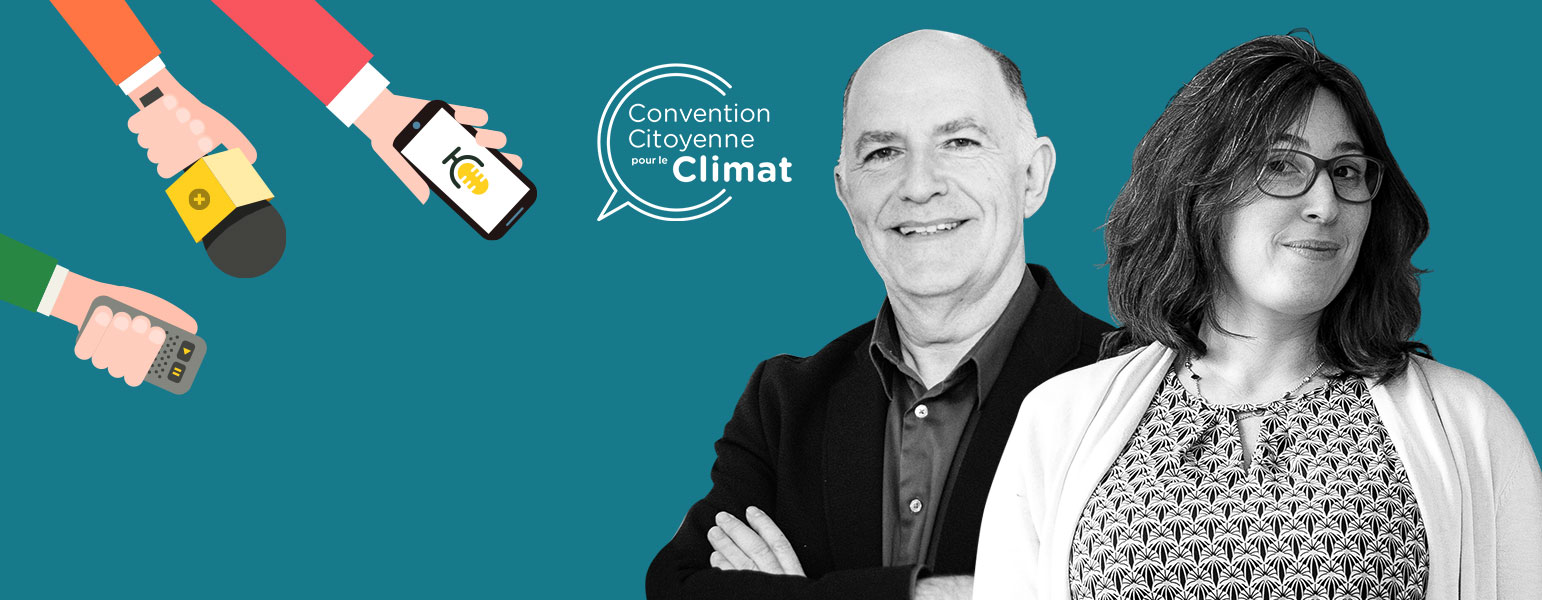
16 July 2020
Two insider views into the French Citizens’ Convention on Climate
One week after 150 citizens delivered a milestone proposal to French President Emmanuel Macron, Missions Publiques gave direct insight into the Citizens’ Convention for the Climate (CCC) via two online webinars. •••

12 June 2020
Crossed interview: looking back on Global Stakeholders' Dialogue
The first phase of the global dialogue on the future of the Internet, which brought together stakeholders from around the world, ended on Saturday 6 June online. We interviewed two of the participants so they could share with us their insights. •••
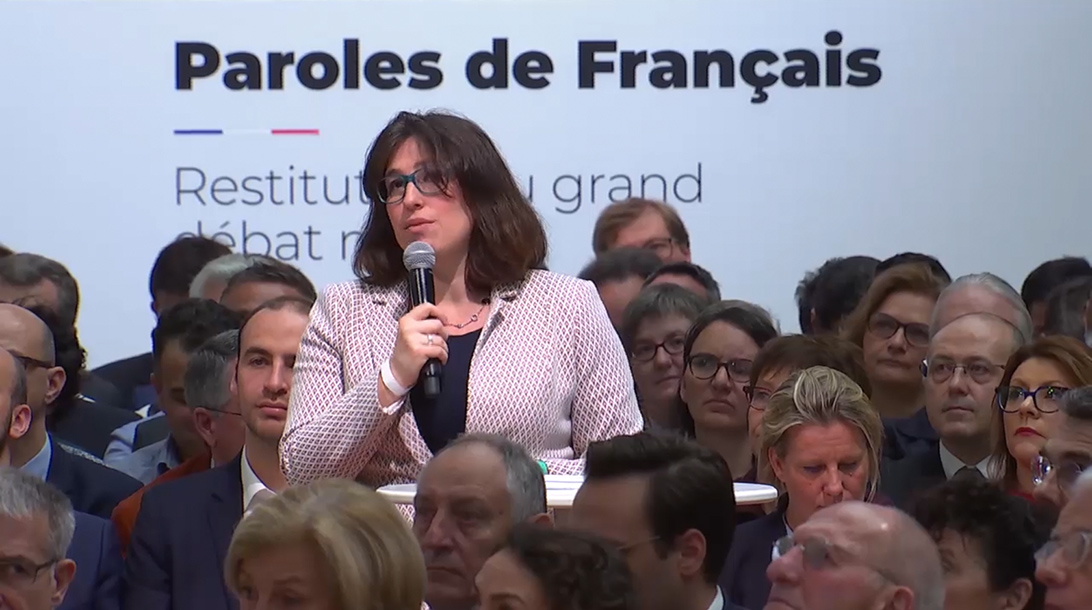
18 February 2020
Grand Débat National 2019: a word from Judith Ferrando
On the initiative of the President of the Republic, the Government ran the Grand Débat National from January to March 2019. The debate covered four themes reflecting the major national issues: taxation and public spending, the organization of public services, ecological transition, and democracy and citizenship. The aim was to give everyone the chance to debate issues that are crucial to French people, in a number of different ways. •••
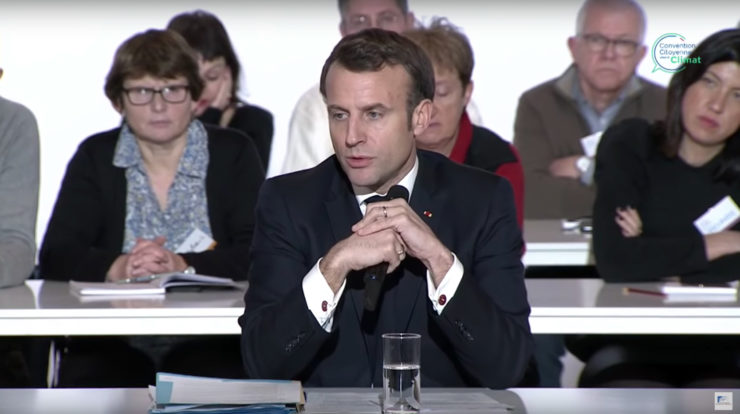
31 January 2020
Missions Publiques supporting the Citizens’ Assembly on Climate
The Citizens’ Assembly on Climate brings together a group of 150 randomly selected citizens who represent the diversity of French society and whose task is to put forward a series of measures “to achieve a minimum reduction of 40% in greenhouse gas emissions by 2030, in a spirit of social justice.” •••

17 October 2019
Saint-Nazaire, maritime and coastal ambition
“Ambition Maritime Saint-Nazaire Pornichet” is a project backed jointly by the area’s public stakeholders and by elected representatives for the municipalities of Saint-Nazaire and Pornichet, the Communauté d’agglomération de la Région Nazairienne et de l’Estuaire (or CARENE, the urban community) and the Nantes Saint-Nazaire urban area. •••

15 October 2019
A partnership charter and action plan for Sensitive Natural Areas in Val-de-Marne
The Val-de-Marne départment is a long-standing partner of Missions Publiques, aiming to open dialogue on its projects. It has a proactive environmental policy and, in 2018, it set up a departmental plan for its Sensitive Natural Areas (ENS). •••

11 October 2019
Haute-Garonne tomorrow: citizens’ aspirations guiding public action
Missions Publiques, Eclectic Experience, and the Institute for Desirable Futures have supported Haute-Garonne Council through an exciting process: envisioning life and Haute-Garonne in 2050. •••

26 June 2019
Citizens’ debate on driverless vehicles: what future for our mobility?
From June 6–1, 2019, Missions Publiques and its partners brought together nearly 700 people in several countries around the world (Singapore, Europe and North America) to air their views on the future of driverless mobility. The aim was to think about how the emergence of driverless transport could affect our lives, and to work together on some likely or desirable scenarios. •••
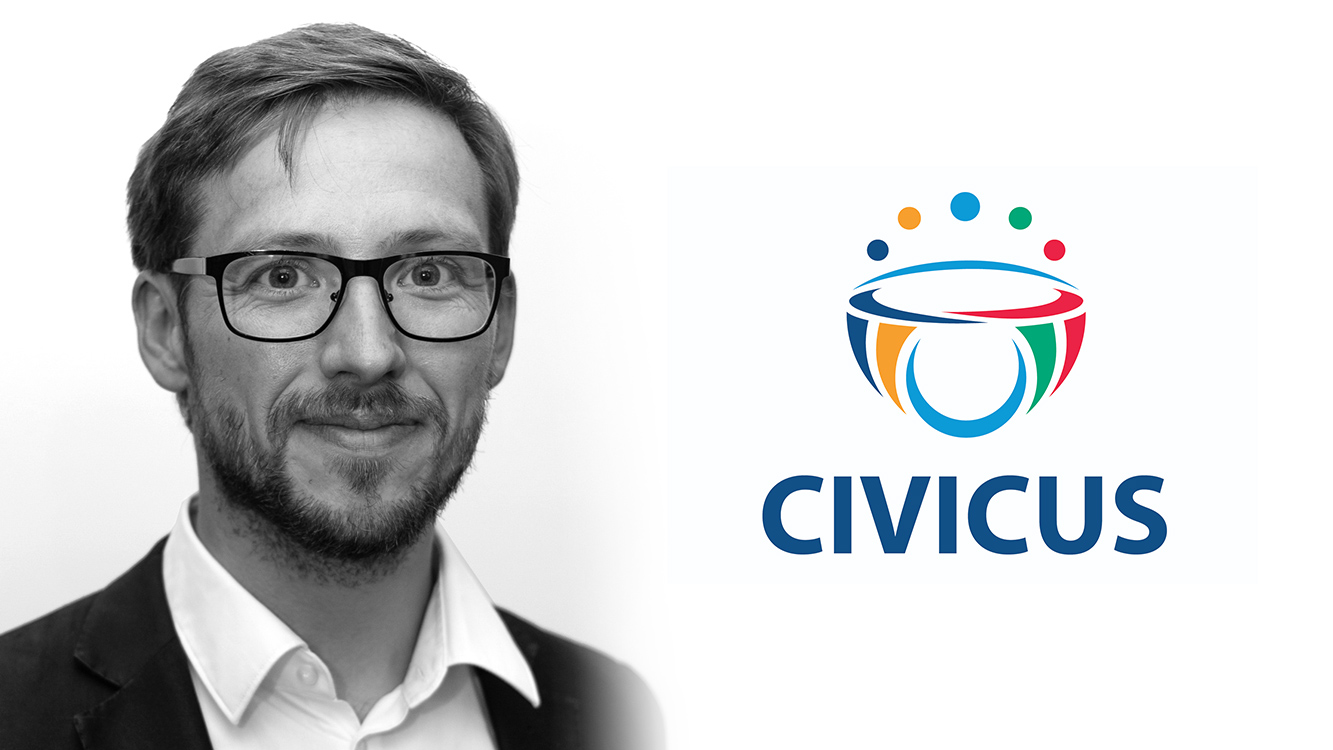
19 June 2019
Antoine Vergne’s interview on Civicus
CIVICUS speaks to Antoine Vergne, Director of Strategic Partnerships at Missions Publiques. •••
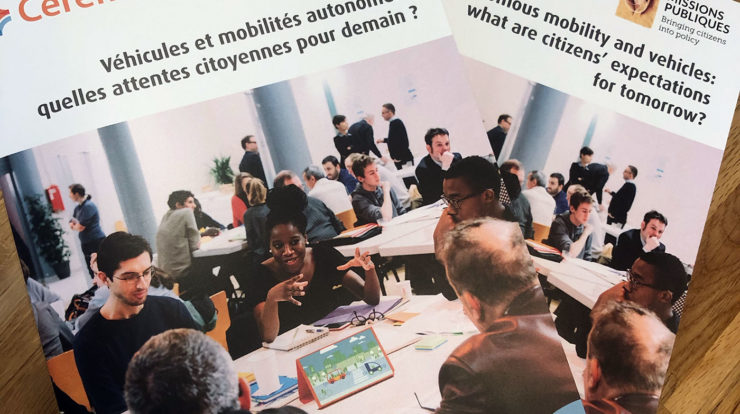
29 May 2019
Autonomous mobility and vehicles: what are citizens’ expectations for tomorrow?
This Cerema publication builds on the lessons learned from a citizens’ debate on the questions of driverless vehicles and the future of day-to-day mobility. It presents them in the light of current and future sustainable mobility issues. It also examines the role of public entities and civil society when developing public mobility policies around the deployment of driverless vehicles. •••
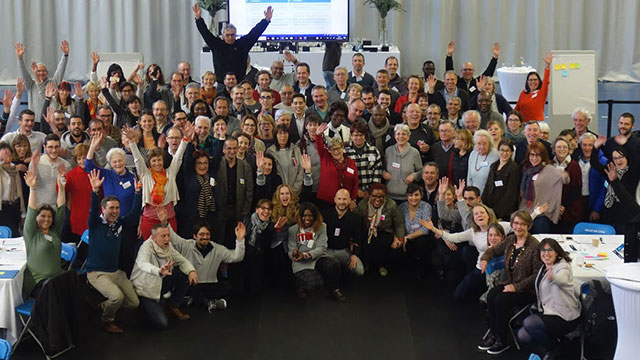
9 May 2019
Grand Débat National: regional citizens’ conferences to reconnect people and politics
Teams from Missions Publiques and Res publica worked with the Grand Débat mission to run a series of regional citizens’ conferences over several weeks in various cities in mainland France and the French overseas territories. •••
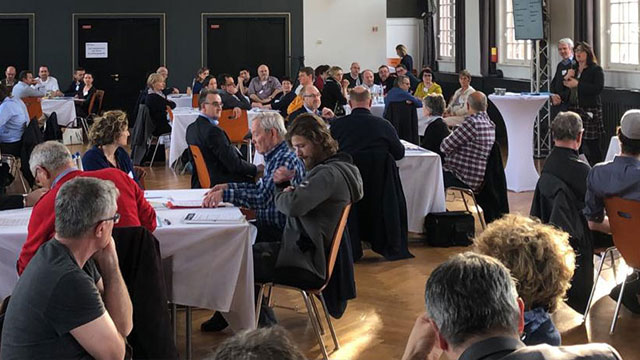
26 April 2019
Grand Débat National: the ecological transition can no longer wait
On March 16, almost 350,000 citizens marched in 220 towns and cities in France to highlight the urgent need to tackle the climate crisis. At what was called the March of the Century, the shared feeling was that it is no longer time for debate, but time for action. And now! •••
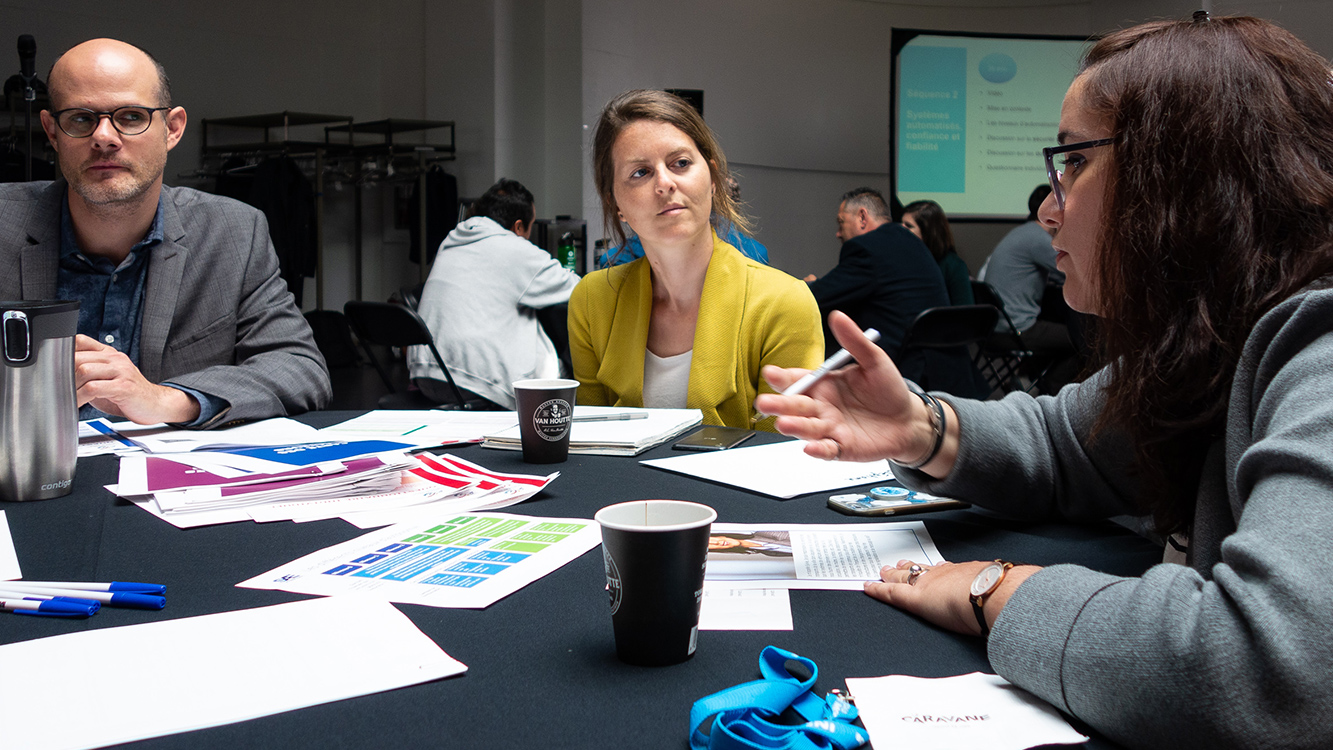
23 April 2019
CSP&O and its partners design the US Driverless vehicles debates
In mid-April, the Consortium for Science, Policy & Outcomes and its local partners, the Museum of Science in Boston, the Center for Smart Cities and Regions at Arizona State University, and the University of Maryland, convened meetings to design the local sessions for the US debates. •••
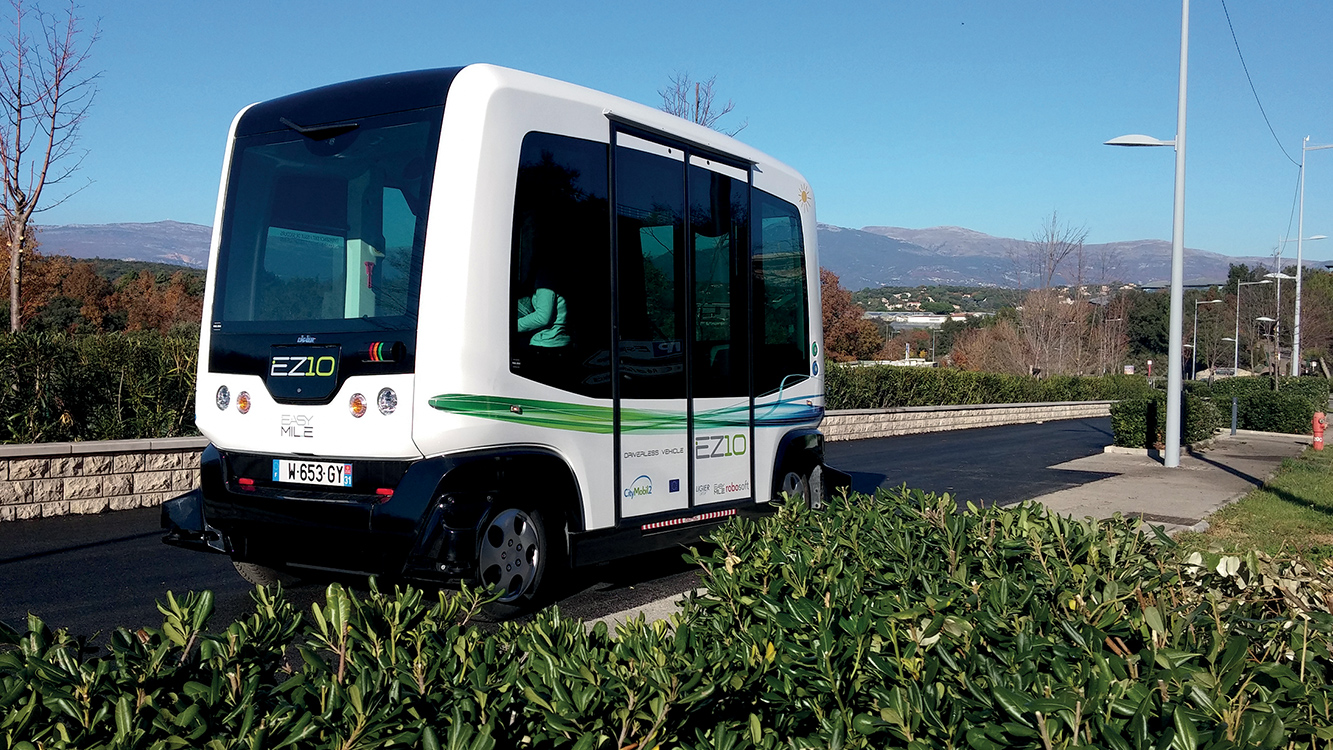
23 April 2019
Citizen’s debate on driverless vehicles in Aachen
As part of the international consortium of the citizen’s debate on driverless mobility, the City of Aachen joined up with RWTH Aachen University to invite 2000 people to the register for the debate on April 6th, 2019. •••

15 February 2019
Background: The transition towards automated and connected driving in Germany
Automated and connected driving is an area of technology of paramount importance for Germany, as it is fundamental for the future of the domestic automotive industry. •••
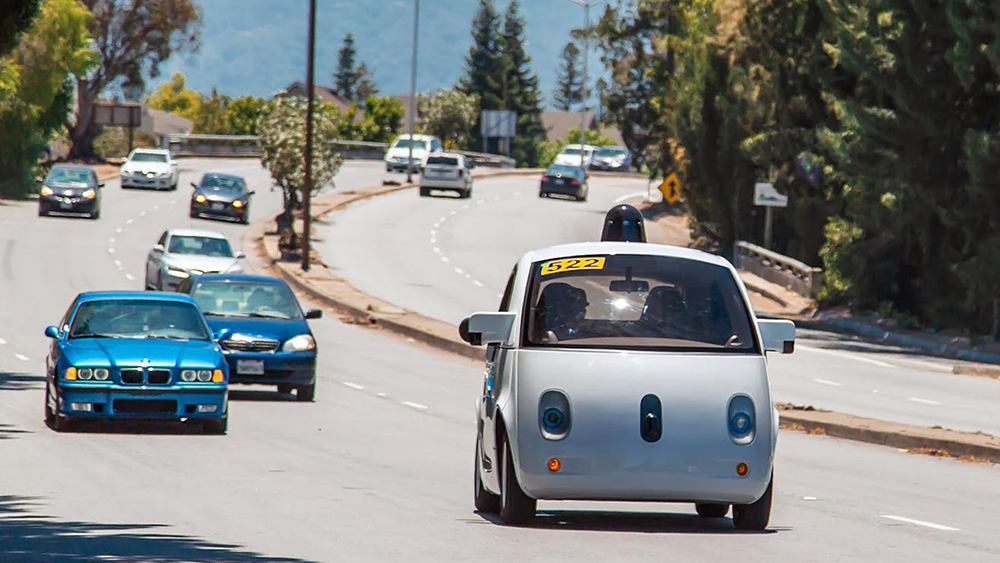
15 February 2019
Every opinion counts – The Austrian approach to automated mobility
With Vienna, Graz, Klagenfurt, Linz and Salzburg, five Austrian cities have signed up for the discussion on April 6, 2019, and will each host a debate of 100 people. •••
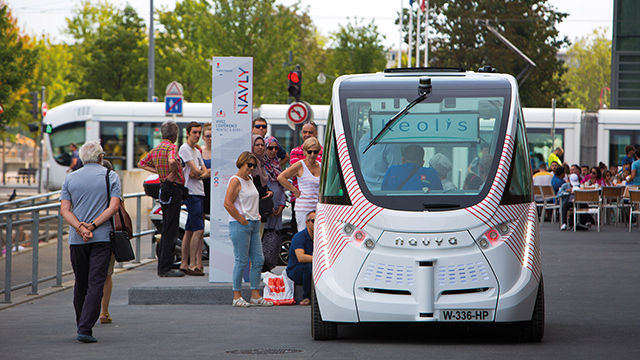
14 February 2019
Why Keolis is supporting the citizens debate on driverless mobility
As urban growth accelerates and mobility needs increase, the challenge in the coming years will be to develop new mobility solutions that are shared, sustainable, driverless and adapted to passenger expectations (in terms of services). •••
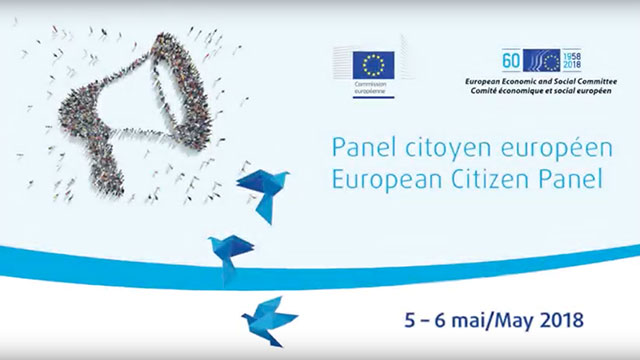
29 January 2019
Citizens’ panel on the future of Europe
Three citizens’ debates on the future of Europe were held in 2018. •••
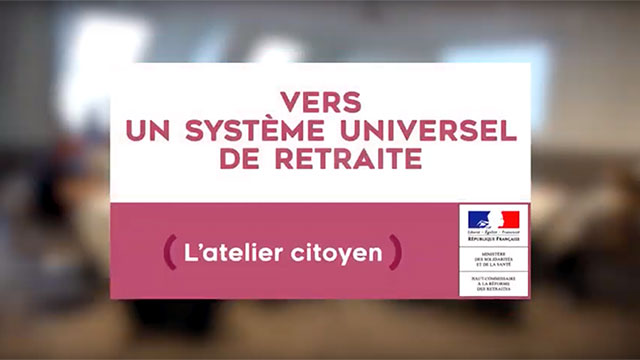
29 January 2019
A citizens’ jury to discuss the future of our pension system
In France, the overhaul of the pension system is being steered by the High Commissioner for Pension Reform, Jean-Paul Delevoye. The entire population will be affected so eight debates were held in various regions across the country giving people the chance to set out their questions, wishes and red lines and thus contribute to the reform. •••
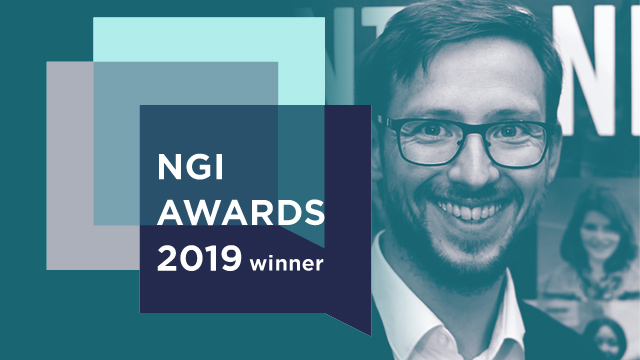
6 December 2018
Missions Publiques receives a 2019 NGI Award
The NGI Awards, a European Commission initiative, seek to reward individuals and organizations that help shape Digital Europe. Each year, nine winners are selected by a jury of European experts in three categories: Research, Culture and Start-ups. •••
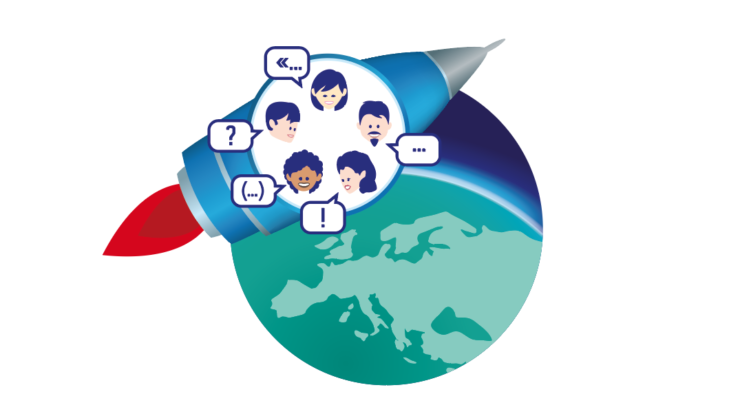
18 July 2017
Europe has found its place among the stars
Has the idea of space, and the opportunities it opens up, become obvious to the general public? The response is positive but not completely clear-cut. •••

